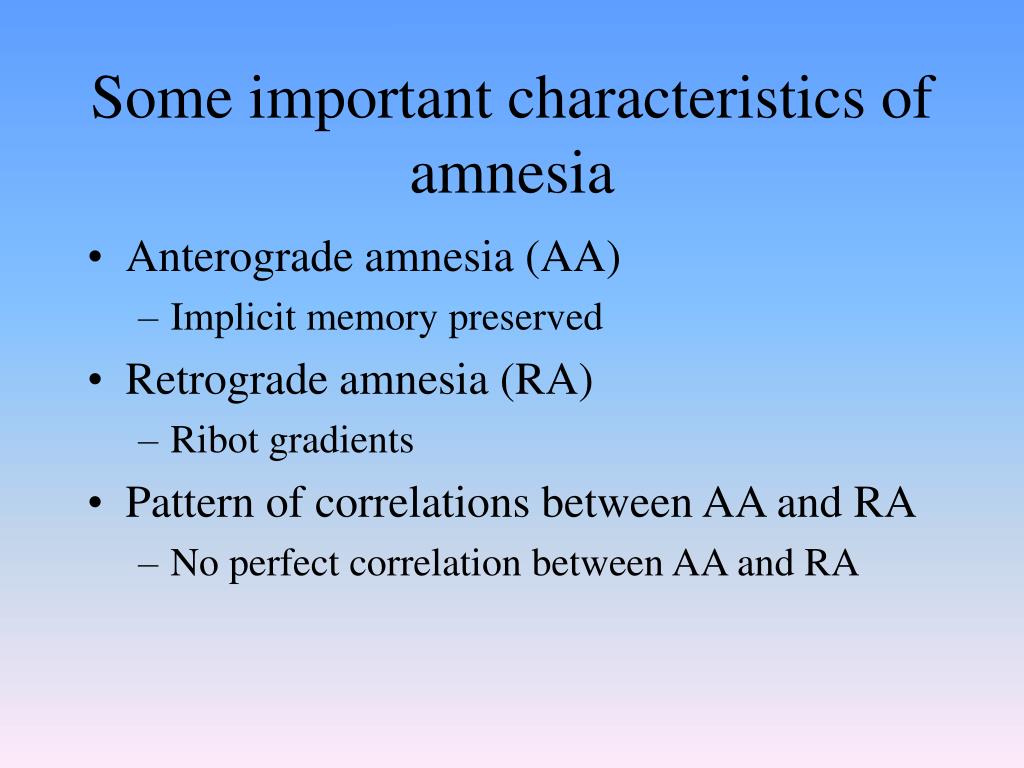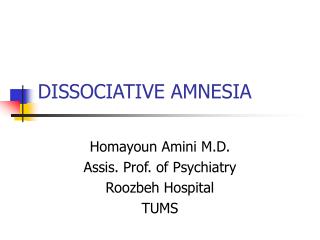

So often a victor’s history is told and remembered as fact, but, for societal fissures arising from warring parties to be amended, both sides’ history must be told and remembered. “There cannot be reconciliation without truth” and essential to truth is accurate identification of perpetrators and victims.

This healing is vital if a nation’s identity is to be defined without the formative influence of historical injustice. These three ideas are essential to the formula a nation must apply in order to successfully heal and progress from the trauma of historical injustice. Engrained within the difficulty of societies memorialising and remembering their history are the concepts of victimhood, reconciliation and truth. Broadly, nations would rather emphasise memories which evoke pride rather than those which admit guilt and express shame. With extensive research completed on a nation’s conflict, the area of memory and remembering the conflict in contemporary society is a fascinating and intensely complex field.

Why do some nations seem to be concerned with conflicts which have since ended? What is historical amnesia? Why is victimhood dangerous to national healing? A brief comparison of China, Finland and the Baltic States illustrates the necessary components for the reconciliation of historical injustice.


 0 kommentar(er)
0 kommentar(er)
